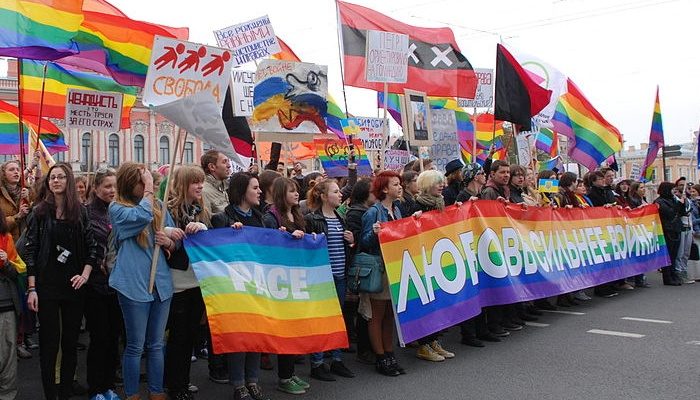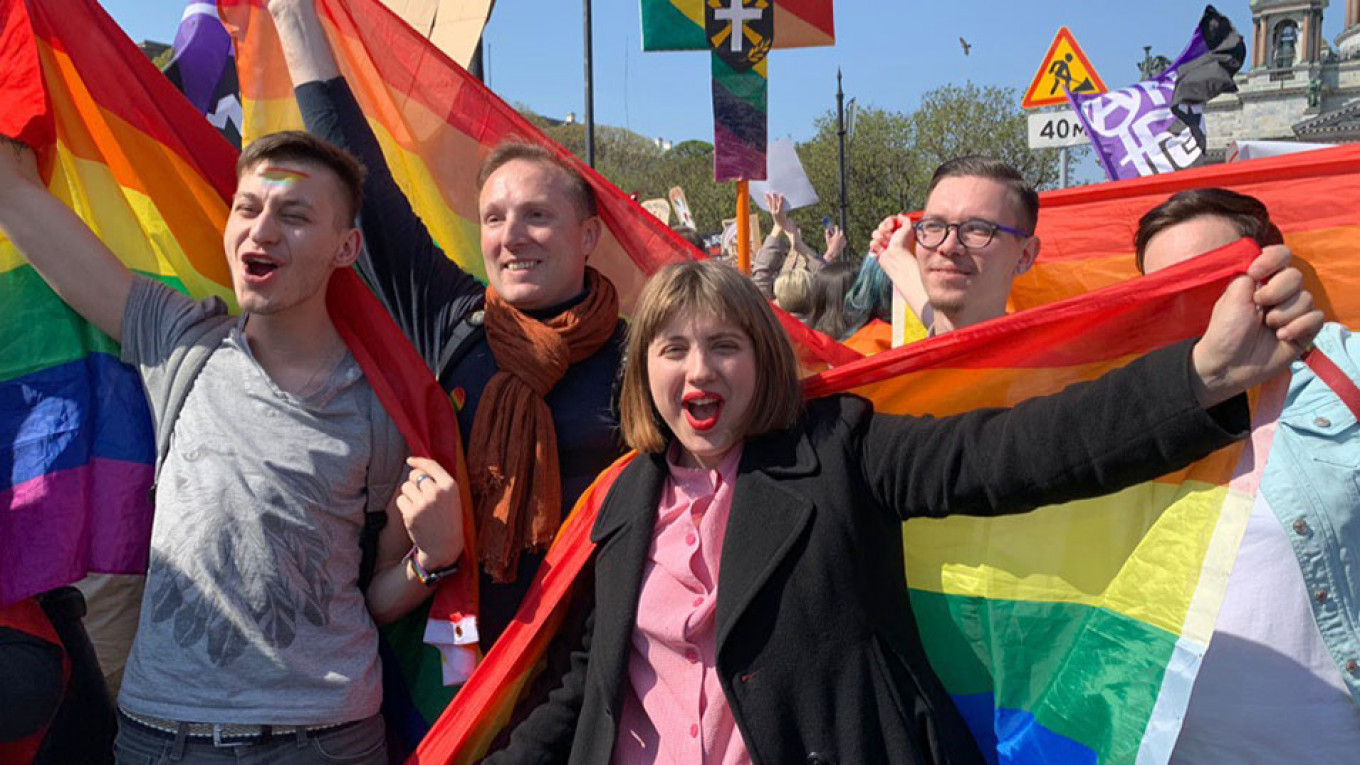The Russian State Duma, or lower house of parliament, has approved a new rule prohibiting practically all medical assistance for transgender persons, including gender reassignment surgery, as part of a slew of new anti-LGBTQ policies in Russia.

The bill, which passed its third and final reading on Friday, prevents doctors from performing gender reassignment procedures on youngsters unless they treat congenital physiological problems.
It also prohibits register offices from changing formal records based on gender transition medical certificates. Before it takes effect, the Federation Council must still pass the law and be signed by President Vladimir Putin.

Did you read this?
Individuals who have had gender changes are barred from becoming adoptive parents or guardians, and a marriage may be annulled if one or both spouses have a gender change and update their civil status records, according to amendments made for its third reading.
In recent months, Putin has strengthened anti-LGBTQ laws as the Kremlin clamps down on free expression and human rights amid the Ukraine conflict.
These latest legal developments in Russia impose additional restrictions on the LGBTQ community and show the country's tightening of regulations and control over transgender rights.
Russia strengthened its existing "gay propaganda" law in December 2022 to exert control over public discourse and narratives around non-heterosexual relationships and identities.
Putin's amendment package includes harsher sanctions for anyone who promotes "non-traditional sexual relations and/or preferences," as well as gender transformation.

Yulia Alyoshina, Russia's first transgender legislator, has warned of the severe ramifications of the planned transgender laws.
The FSB said that the activist, a Russian citizen from the Oryol region, aided the Armed Forces of Ukraine by donating money to the independent human rights monitoring group OVD-Info.
Under a statute that opponents believe suppresses opposition, the Russian government designated OVD-Info as a foreign agent in 2021.
Following Russia's full-scale invasion of Ukraine, the group expanded its mandate to assist anti-war demonstrators while continuing to monitor human rights violations within Russia.









